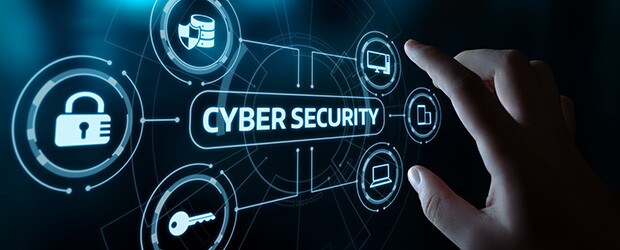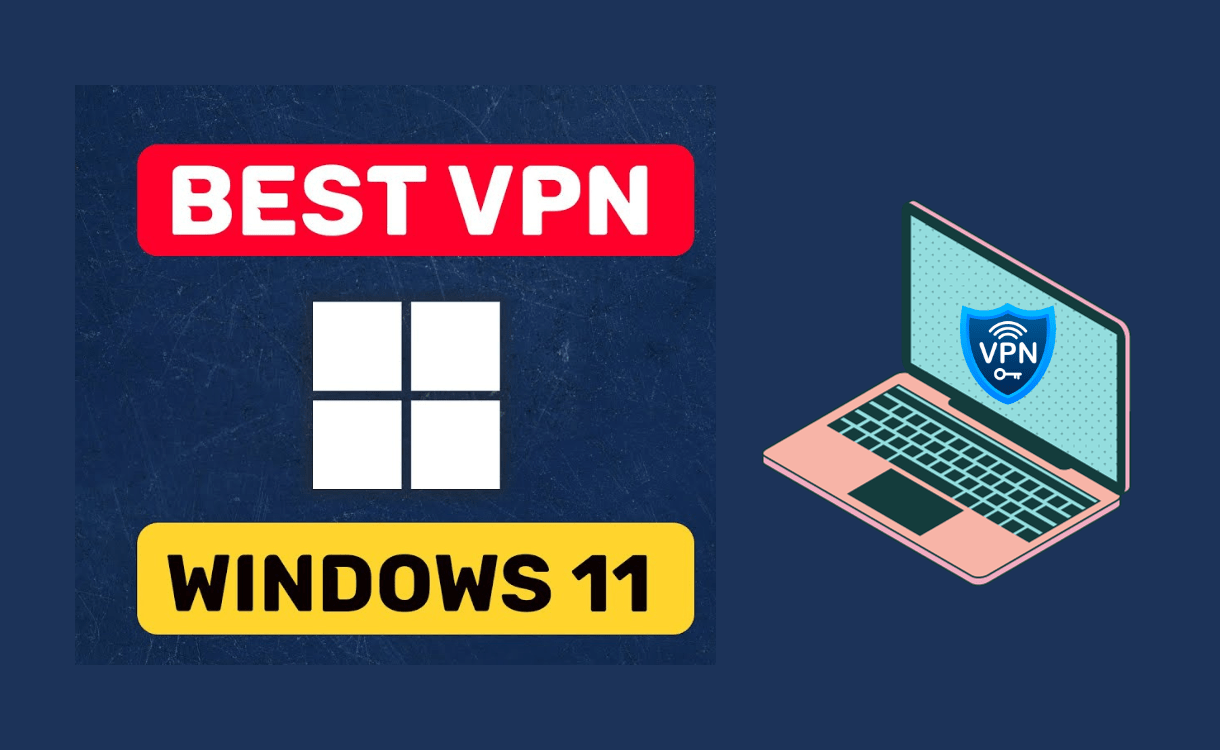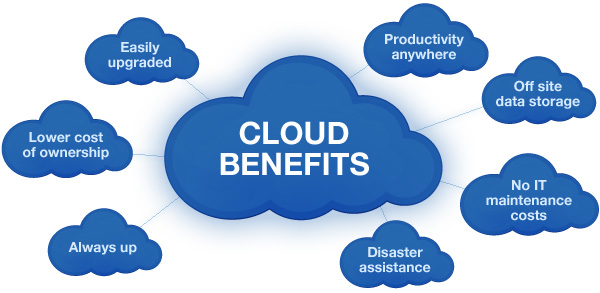Defining the importance of cybersecurity and stay safe online
The importance of Cybersecurity is a necessity in digital age to protecting your personal information,, and your digital privacy.

In an era where our lives are increasingly intertwined with the digital realm, the importance of cybersecurity cannot be overstated.
The internet has revolutionized the way we communicate, work, shop, and even entertain ourselves. However, this digital revolution has also opened up new avenues for threats and vulnerabilities that can have far-reaching consequences.
In this blog post, we will explore the significance of cybersecurity and provide you with essential tips on how to stay safe online.
The Importance of Cybersecurity
Protecting Personal Information
The internet has become a treasure trove of personal information. From social media profiles to online shopping accounts, we share a wealth of data online. Cybersecurity plays a crucial role in safeguarding this information from falling into the wrong hands. Hackers and cybercriminals are constantly on the prowl, seeking opportunities to steal personal data, such as credit card numbers, passwords, and even identities. A breach can lead to financial losses, identity theft, and severe emotional distress.
Safeguarding Financial Assets
The digital age has brought unparalleled convenience, allowing us to manage our finances online. However, this convenience comes with risks. Cyberattacks targeting financial institutions and individuals' bank accounts have become more sophisticated. A successful attack can result in drained bank accounts and ruined credit scores. Cybersecurity measures are essential to protect your hard-earned money and financial stability.
Securing Business Operations
Businesses of all sizes are increasingly reliant on technology to streamline operations, serve customers, and compete in the global market. Without robust cybersecurity measures, companies are vulnerable to data breaches, which can lead to financial losses, damage to reputation, and legal consequences. Ensuring the security of customer data and proprietary information is paramount for business continuity and success.
Safeguarding National Security
Cybersecurity isn't just about personal or business protection; it's also a matter of national security. Critical infrastructure such as power grids, transportation systems, and communication networks are now connected to the internet.
A successful cyberattack on these systems could have catastrophic consequences, impacting not only the economy but also public safety. Governments and organizations worldwide invest heavily in cybersecurity to protect against potential cyber threats.
Preserving Privacy
Privacy is a fundamental right in the digital age. Cybersecurity measures help preserve your online privacy by thwarting surveillance, data mining, and unauthorized access to your personal information. Without cybersecurity, your private conversations, browsing habits, and sensitive data may be exposed without your consent.
How to Stay Safe Online
Now that we understand the importance of cybersecurity let's delve into practical steps to stay safe online:
1. Strong Passwords
One of the simplest yet most effective ways to enhance your online security is to use strong, unique passwords for each of your online accounts. Avoid using easily guessable passwords like "123456" or "password." Instead, create complex passwords that combine upper and lower-case letters, numbers, and special characters. Consider using a reputable password manager to help you generate and store strong passwords securely.
2. Two-Factor Authentication (2FA)
Two-factor authentication adds an extra layer of security to your online accounts. With 2FA enabled, even if someone manages to obtain your password, they would still need a second form of verification (e.g., a one-time code sent to your phone) to access your account. Always enable 2FA whenever it's available for your accounts.
3. Keep Software Updated
Outdated software, including operating systems, web browsers, and applications, can contain vulnerabilities that cybercriminals exploit. Regularly update your devices and software to ensure you have the latest security patches and bug fixes.
4. Be Cautious with Emails
Phishing emails are a common tactic used by cybercriminals to trick you into revealing sensitive information or clicking on malicious links. Be cautious when opening emails from unknown senders, and never click on suspicious links or download attachments from unverified sources. Verify the sender's identity and look for signs of phishing, such as misspelled email addresses or unusual requests for personal information.
5. Install Antivirus and Antimalware Software
Antivirus and antimalware software can help detect and remove malicious software from your devices. Install reputable security software and keep it up to date to protect against viruses, ransomware, and other malware threats.
6. Use Secure Wi-Fi Networks
Avoid using public Wi-Fi networks for sensitive activities like online banking or shopping, as these networks may not be secure. If you must use public Wi-Fi, consider using a virtual private network (VPN) to encrypt your internet connection and protect your data from eavesdropping.
7. Practice Social Media Caution
Be mindful of the information you share on social media platforms. Cybercriminals often gather personal information from your social media profiles to craft convincing phishing attacks or to steal your identity. Review your privacy settings and limit the amount of personal information you share online.
8. Backup Your Data
Regularly back up your important data to a secure external source, such as an external hard drive or a cloud storage service. In the event of a cyberattack or data loss, having backups ensures that you can recover your valuable information.
9. Educate Yourself
Staying safe online also involves staying informed about the latest cybersecurity threats and best practices. Take the time to educate yourself and your family about common online risks and how to recognize them. Awareness is your first line of defense.
10. Report Suspicious Activity
If you encounter suspicious online activity or believe you've been the victim of a cybercrime, report it to the relevant authorities and your internet service provider. Reporting such incidents can help prevent further harm and assist in tracking down cybercriminals.
Cybersecurity is not just a matter of convenience; it's a necessity in our digital age. Protecting your personal information, financial assets, and online activities requires vigilance and adherence to best practices.
By following the tips outlined in this blog post and staying informed about cybersecurity threats, you can navigate the digital realm with confidence, knowing that you're taking proactive steps to stay safe online. Remember, in the ever-evolving world of cybersecurity, your awareness and actions are your best defenses.
What's Your Reaction?
















